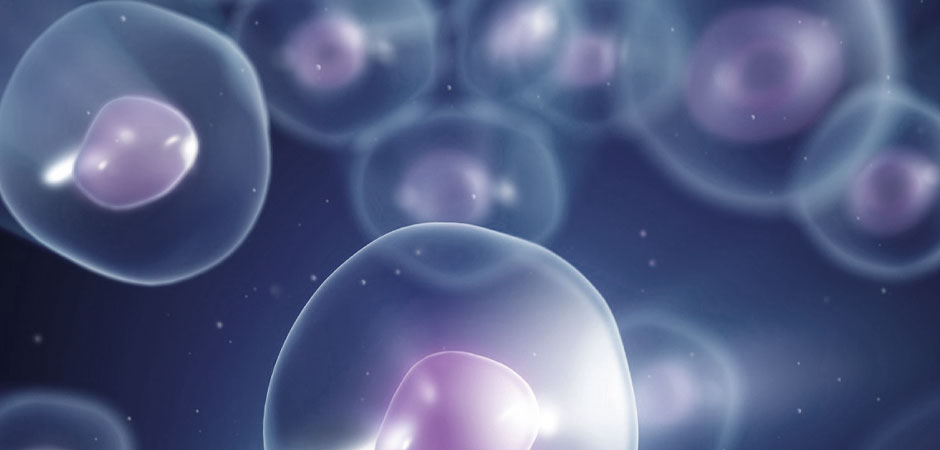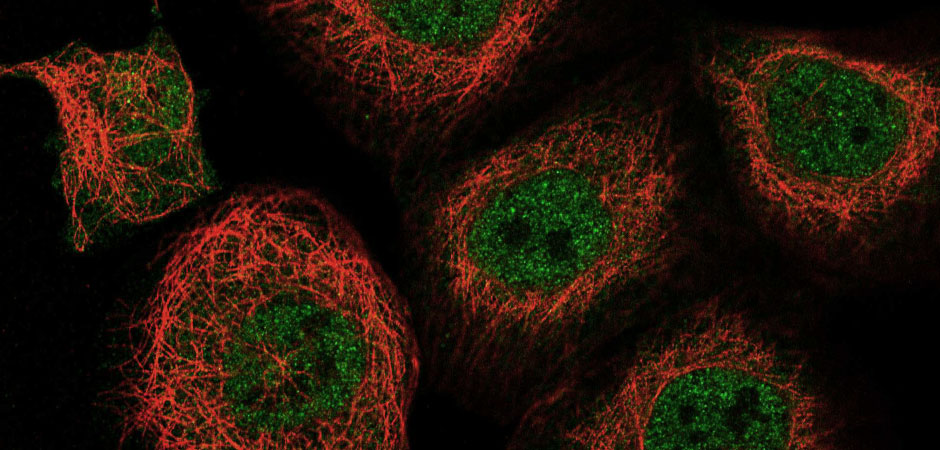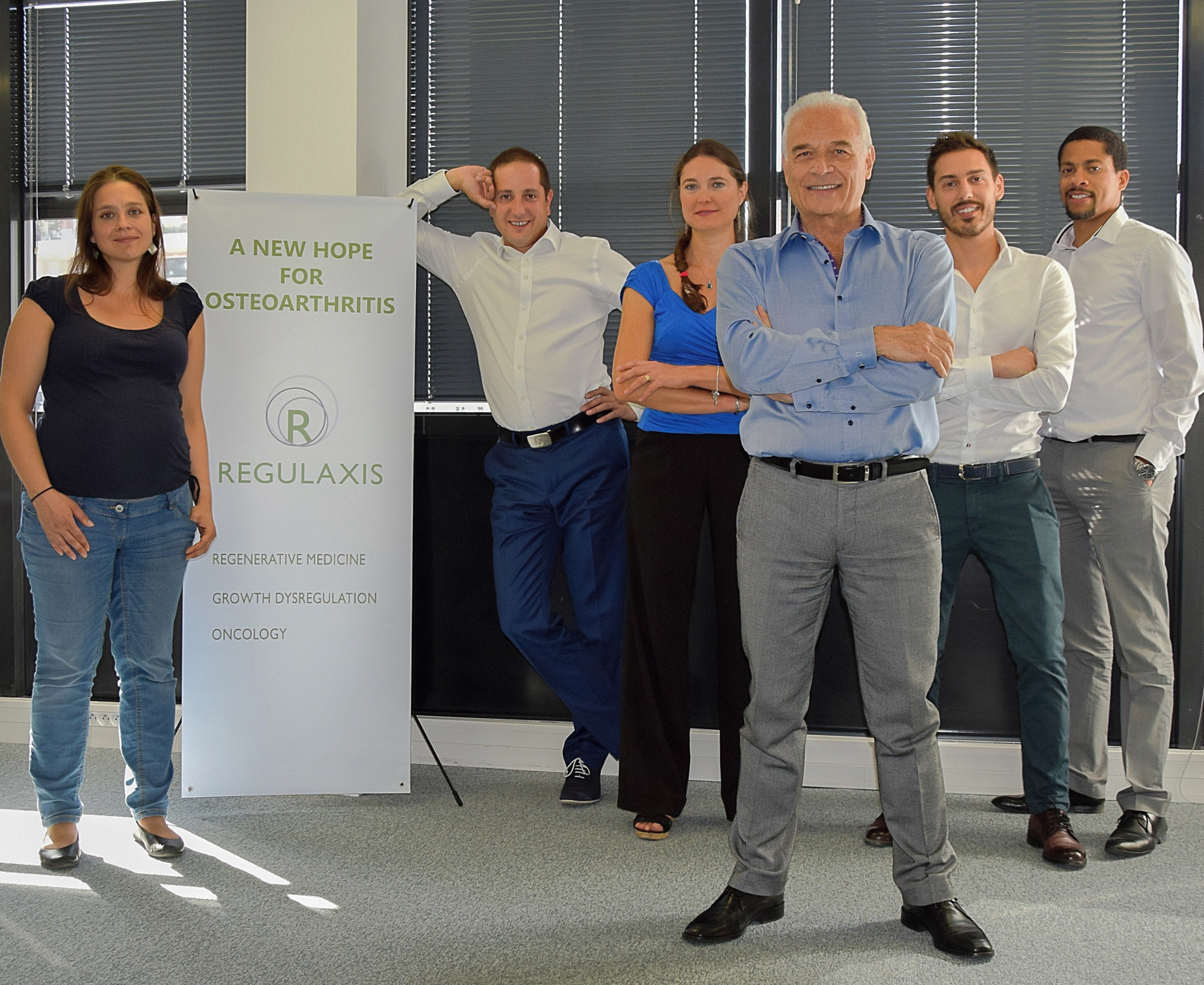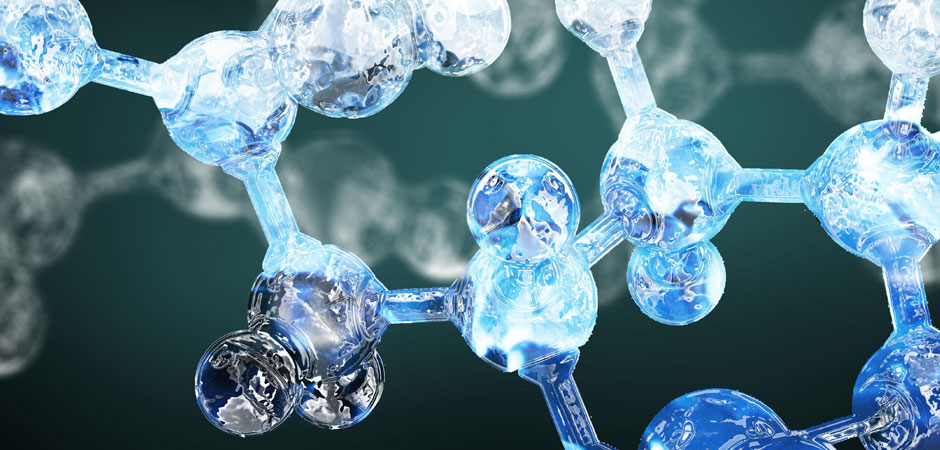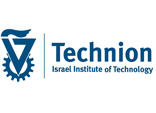R&D
Regulaxis
2014-04-15T20:12:50+01:00
REGULAXIS develops molecules which it has proprietary international patents or global licenses. This strong industrial property gives to the company significant advantages for the development of its business and for its economic and financial base.
The R&D of the company is focused on main human therapeutic domains
Tissue regeneration such as Osteoarthritis also known as degenerative arthritis or degenerative joint disease, a group of symptoms involving degradation of joints, including articular cartilage and subchondral bone.
Growth dysfunctions have generally originated in an excess production by the pituitary gland of growth hormone (GH) which, in turn, produce tumors (pituitary adenomas) derived from the anterior pituitary cells (somatotrophs). Other Tumors, not localized in the pituitary but in the pancreas, lungs and adrenal glands, directly or by growth hormone releasing hormone (GHRH) action also lead production to an excess of GH. These tumors arising from cells of the endocrine and nervous system are identified as neuroendocrine tumors (NETs)
Neurodegenerative diseases. Increasing numerous scientific results suggest a strong correlation between the Alzheimzer disease, including the formation of amyloid plaques with a dysregulation of the Insulin-like growth factor-I (IGF-I) activity. In particular, IGF-I resistance seems closely associated with IRS-1 dysfunction potentially triggered by Aβ oligomers and yet promoting cognitive decline.
REGULAXIS will focus its efforts on the Cancer, in particular on Prostate cancer (PC) but, since the inhibitory activity of the REGULAXIS peptides involves a hormone that is over expressed in virtually all kind of cancer REGULAXIS will also aim for which there are no currently effective drugs such as the Pancreas cancer.
Metabolic syndrome is caused by a combination of clinical disorders increasing the risk to develop cardiovascular diseases and diabetes.
Regulaxis is engaged in the R&D of molecules that can advantageously be proposed to treat
- Reconstitution and repair of articular cartilage by stimulation of chondrocytes, cartilage-forming cells, necessary for the treatment of osteoarthritis and cartilage recovery after traumatic lesions.
- Acromegaly which is a syndrome that results when, in adult, an excess of GH is produced by the anterior pituitary.
- Cancers, namely Neuroendocrine tumors (NETs), and multiple endocrine neoplasia (MEN) as well as Prostate cancer.
 2013 – Innovation Days One of 15 finalists “Innovation Prize” Universal Biotech.
2013 – Innovation Days One of 15 finalists “Innovation Prize” Universal Biotech.

